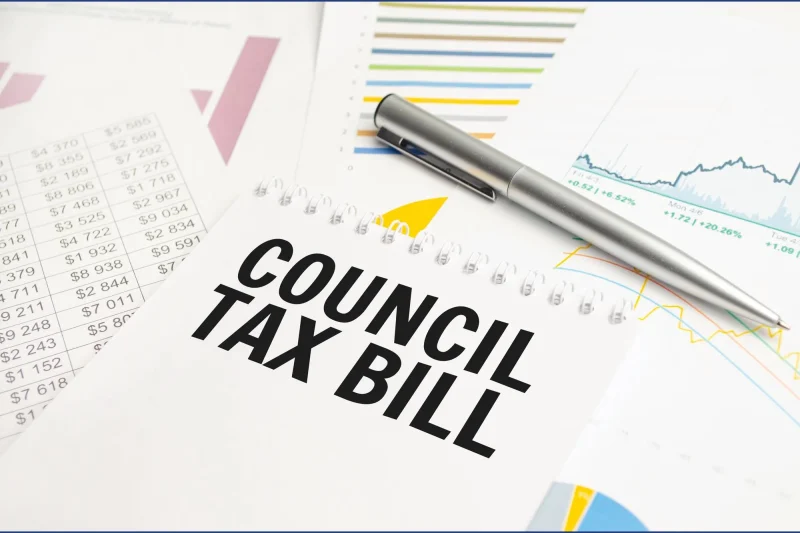Once you move to the UK, you’ll quickly come across the term Council Tax. This is a local tax you pay to your council (local authority), which helps fund services like rubbish collection, policing, fire services, libraries, and street cleaning. If you’re thinking, “What’s this all about?”—don’t worry! Here’s everything you need to know.
Who Pays Council Tax? 🏘️
If you’re over 18 and living in a property (whether as a tenant or homeowner), you’re responsible for paying Council Tax. Normally, whoever lives in the property is liable, so tenants receive the bill in their name.
- Live alone or with housemates → you’re still responsible as a household.
- When you move, you must update your Council Tax details with your local council (easily done via the council’s official website).
Council Tax Bands 📊
How much you pay depends on your property’s Council Tax band. Bands are based on the property’s estimated market value as of 1 April 1991 (not today’s value). Bands range from A (lowest) to H (highest).
- Band A → lower payments
- Band D → considered the average rate
- Band H → much higher payments
How to Pay 💸
Council Tax bills usually cover 12 months and are split into 10 monthly instalments. Some councils allow you to spread payments over 12 months for smaller instalments—just contact your council to arrange this.
Your bill will show:
- The total annual amount
- How it’s calculated
- Payment due dates
Payments can be made online, via direct debit, or sometimes in person. Always check the bill for accepted payment methods.
👉 If you’ve overpaid and no refund is issued automatically, contact your council to claim it back.
Discounts & Exemptions 🧮
Yes, there are situations where you can pay less:
- Single Person Discount → If you live alone, you get 25% off.
- Everyone disregarded → If all household members are “disregarded” (see below), you get 50% off.
Who counts as “disregarded”?
Some people don’t count towards Council Tax liability, which can reduce your bill. These include:
- Under 18s
- Apprentices on certain schemes
- 18–19-year-olds in full-time education
- Full-time university or college students
- Under-25s with Education and Skills Funding Agency support
- Student nurses
- Foreign language assistants registered with the British Council
- People with severe mental impairment
- Full-time carers (for someone other than a spouse, partner, or child under 18)
- Diplomats
Since discounts depend on your exact situation, it’s always best to check with your local council’s website.
What Happens If You Don’t Pay? ⚠️
If you miss payments, the council will send a reminder notice. If you still don’t pay, they can take legal action to recover the debt. This could lead to:
- Court orders
- Deductions from your wages
- Bailiff action
👉 If you’re struggling financially, don’t ignore the bill—contact your council early. They can usually set up a payment plan to help.
Final Thoughts
In the UK, Council Tax becomes one of your regular living expenses, just like utilities. Once you understand how it works, it’s not as complicated as it first seems. And remember—this tax funds essential local services that directly affect your safety, comfort, and quality of life.
For more information or to check your property’s band, visit your local council’s official website.
Wishing you smooth payments and a stress-free experience with Council Tax! 😊










